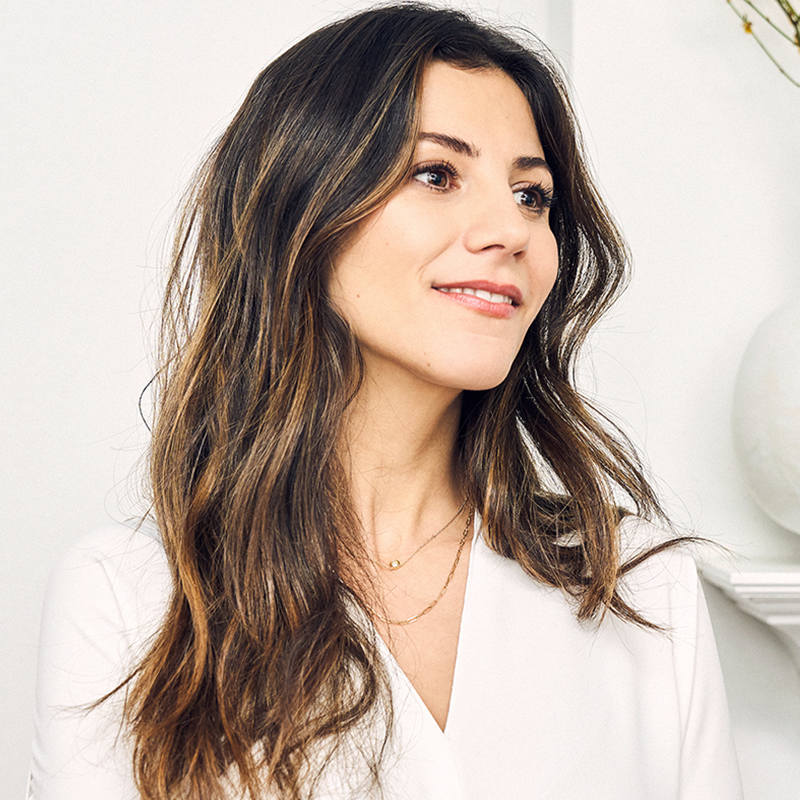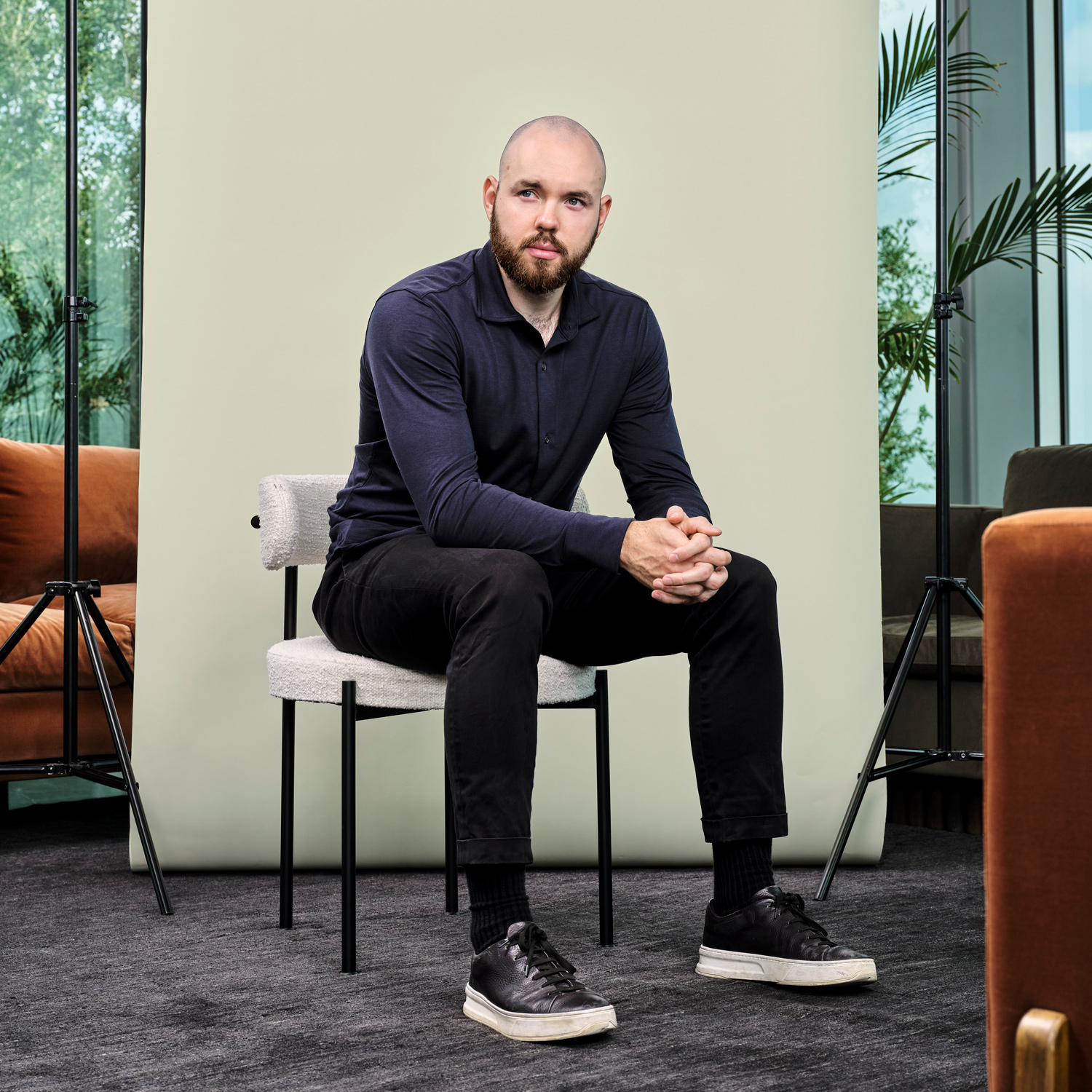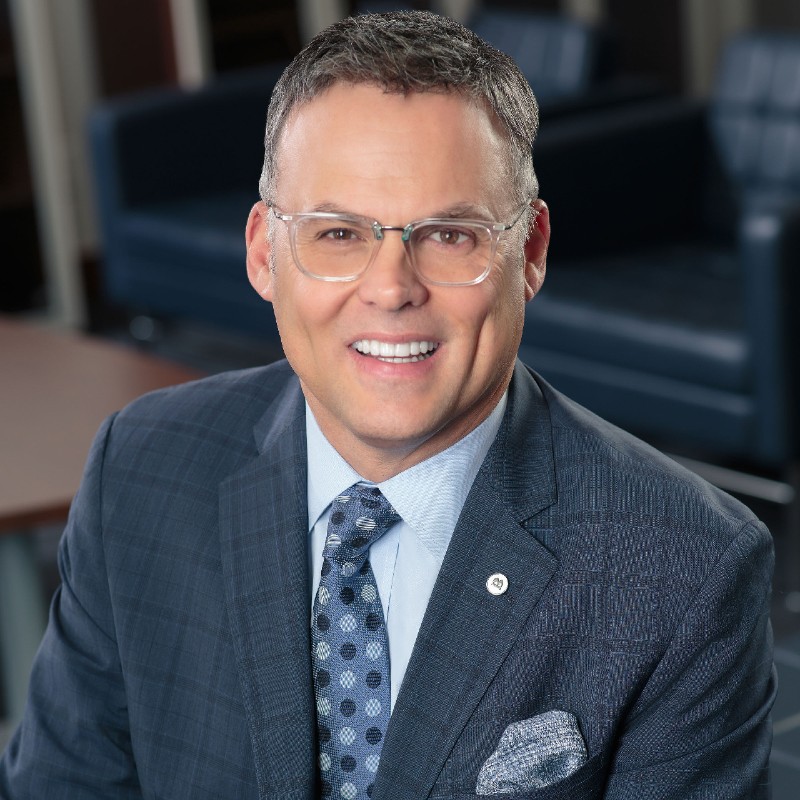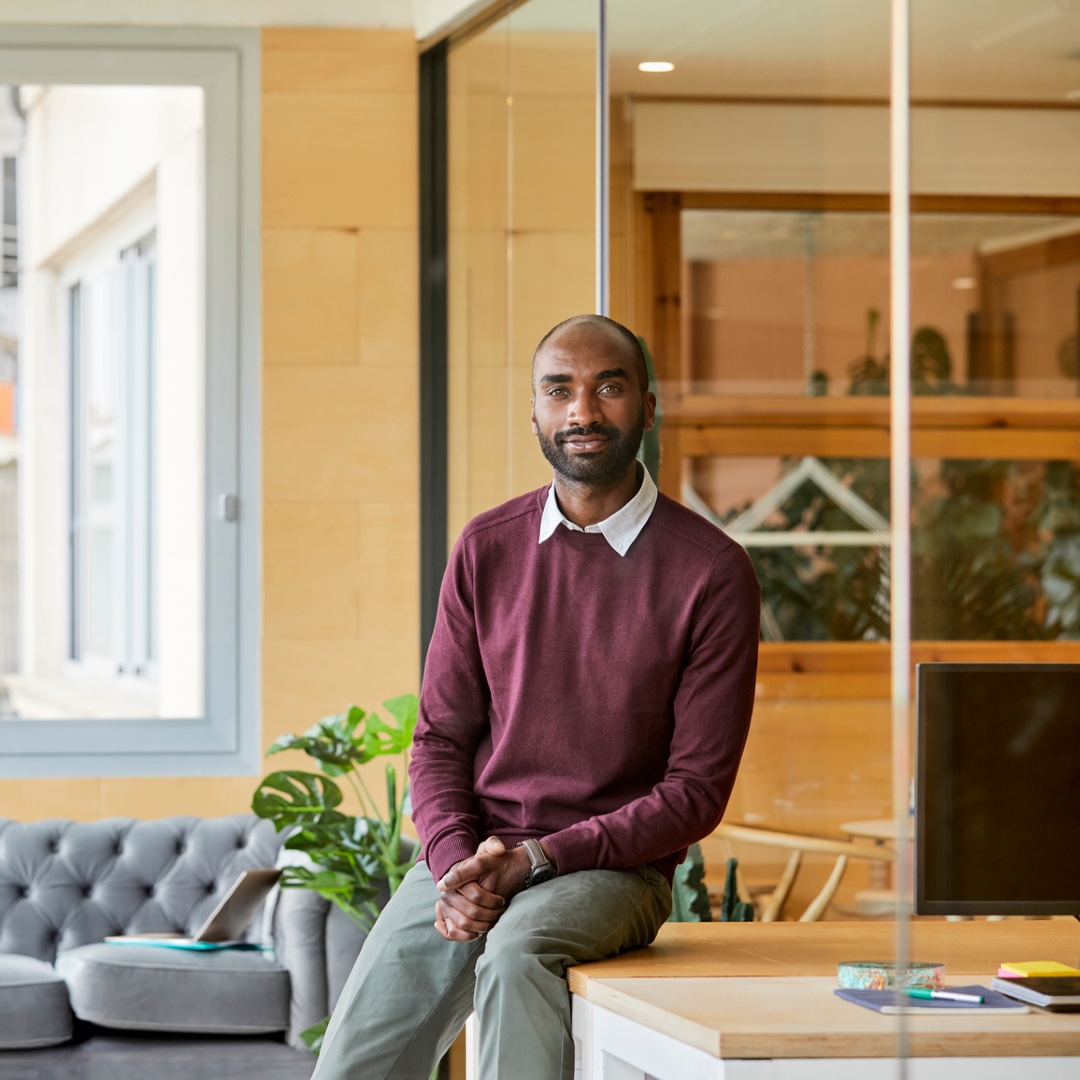Storytelling With Soap: How Joella Hogan Puts Community Front and Centre
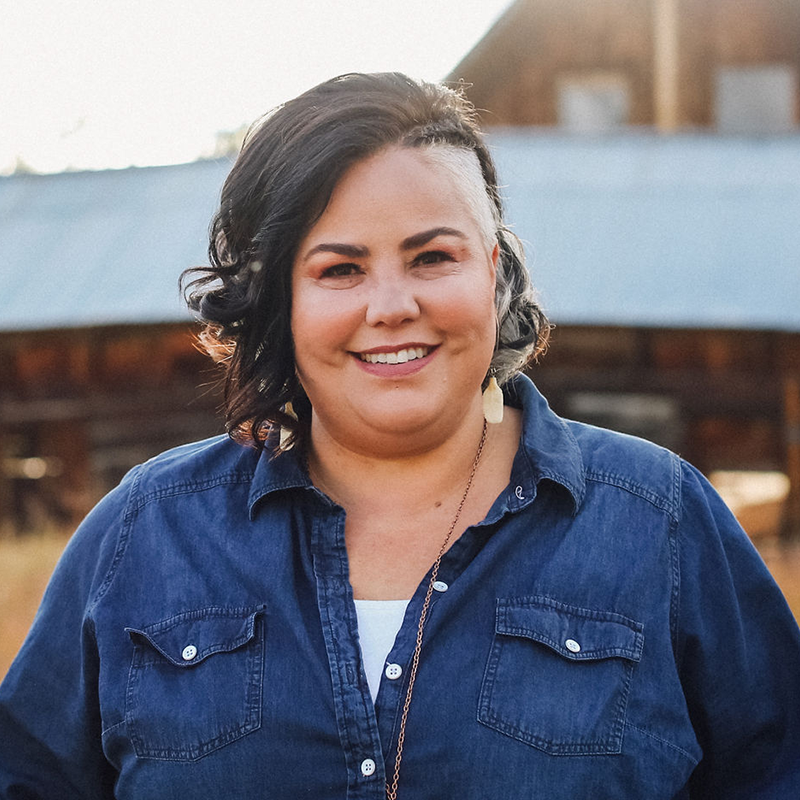
Joella Hogan, an Indigenous woman of Northern Tutchone culture, has shaped Yukon Soaps Company (YSC) into a community-building, language-learning and earth-connecting hub in the heart of her traditional territory of the Na-Cho Nyäk Dun Nation in Mayo, Yukon. Since acquiring the business in 2012, Hogan has integrated her environmental science and community building background into every facet of the brand. Through natural soaps, haircare, oils and more, Hogan’s knack for land stewardship and entrepreneurial resilience has reached a growing clientele across Canada and the United States.
As this month’s CB entrepreneur-in-residence, Hogan caught up with Mike Bonner, Head of Business Banking at BMO, to discuss the origin of her business acumen, managing unprecedented challenges, advice for future business owners and the importance of investing in community.
What were some of the obstacles you faced when starting your business?
I was very new to the world of business when I began, so there was a lot to learn. I felt like I had to learn especially quickly so that I could keep up with customer demand all while familiarizing myself with skills around bookkeeping, marketing and customer service. A great source of support for me was to reach out to experts, not necessarily within the soap-making field, but in other areas like social media marketing. In so many ways, getting started seems to have been the most challenging part of my journey as an entrepreneur.
How does the Indigenous community in Mayo inspire your work?
When I returned to Mayo after university and some time spent travelling, I connected with elders and Knowledge Holders in my grandmother’s community. Many of the teachings that inspired YSC are about what it means to be a good Northern Tutchone person. They taught me about how to care for the land and the importance of continuing this care as a tradition. This is why so much of what I put into my products comes from the earth around me.
Another part of my inspiration comes from my community’s history with the gold mines. Generations of our friends and families have worked in these mines for years but the truth is that working in resource extraction isn’t for everyone. A big part of my goal with this brand is to show people that whether they want to work for me, or create their own business, they can have work that supports our culture and our language in new ways and opportunities.
As YSC continues to grow, how do you hope your business will bring Indigenous cultural awareness to others?
It’s never been simply about soap. While this product is important to me, my main objective with YSC has always been storytelling. I think that within Canada, there is a growing curiosity about the North and Canada’s Arctic and Indigenous communities. I hope that as my business grows, there will be a greater understanding of our culture and the power that Indigenous businesses have. When Indigenous people own and operate businesses, it not only empowers the person, but the community they represent.
Especially during the pandemic, I’ve consciously chosen not to feature traditional Indigenous symbols, like feathers for dreamcatchers, on my products. Instead, I focus on our native language for customers to become familiar with. I incorporate phrases that are about self-care and self-empowerment so that people can use that in their own daily lives. To me, this is a more organic and authentic way of introducing our culture to the masses. It makes me happy to see people respond so enthusiastically to these aspects of my business. My ultimate goal in expanding YSC is to continue to break stereotypes, raise awareness about issues that matter and provide a foundation for future Indigenous entrepreneurs.
In your vision, what does the future of YSC look like?
Even before the pandemic and all of the supply chain shortages that have resulted from it, running a manufacturing business in the North can be very challenging. I’m always working with policymakers and the government to try and work out ways for accessibility to improve. It’s also my goal to grow within the capacity of my community and maintain its best interests as I expand. With the help of a grant I received from the Yukon Housing Corporation, I’m building a new space in Mayo that will allow for a larger studio and three apartments for those who are in need of housing. In my eyes, investing in my community is the most important part of this journey and it’s been incredible to see so much excitement around this new project.
Did you always foresee an entrepreneurial career for yourself?
To be honest, I don’t think I did. My father was a businessperson and my mother was a nurse, so I grew up thinking I would have a career far different from both of theirs. Oddly enough, I think I’ve now acquired a combination of the two. As Indigenous people, there is a part of us that is always entrepreneurial. It’s about surviving and being resourceful and making your family and your community better. I may have had the realization to start this business 10 years ago but that entrepreneurial spirit was always there.
What are some of the most important tools to have when it comes to managing your own business?
Tech tools for e-commerce expansion and payroll management have been a big part of building YSC into what it is today, especially when it comes to customer service. Understanding the basics of financial literacy is also a big advantage. When applying for a mortgage for our new building, I was very nervous that I wouldn’t know the language well enough, but as I’ve learned more about finance, I’ve become so much more confident. It’s also about finding the right financial partner. I went to BMO as a business customer who was having a difficult time accessing capital. A lot of other banks and advisors were not taking my business seriously and, as a woman living in First Nation housing, it was becoming very common for financial institutions to dismiss my abilities. BMO, however saw potential in me, wanted to support my vision and was a significant part of making YSC happen. Don’t get me wrong, there was a lot of work involved, but BMO was there to support me in every step of the process.
What qualities do you believe make a successful entrepreneur?
Being adaptable to change and open to new ideas, a willingness to take risks and an ability to stay focused on your vision. It’s also important to learn to say no. Especially for women in business, it’s common to always feel pressure of saying yes to everyone in fear of rejection or ridicule. But there is power in knowing your worth and identifying the right opportunities.
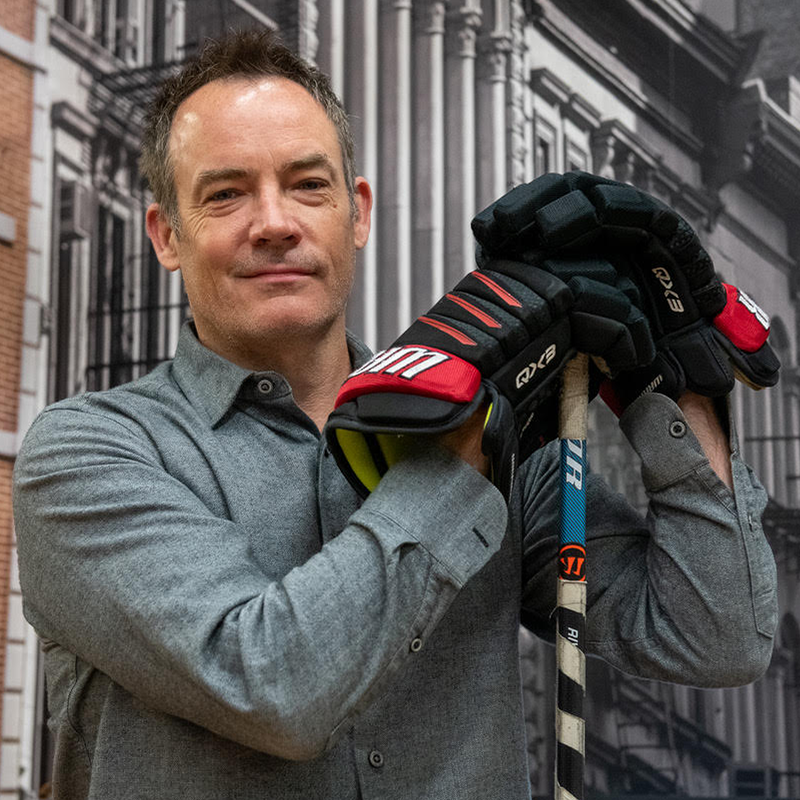
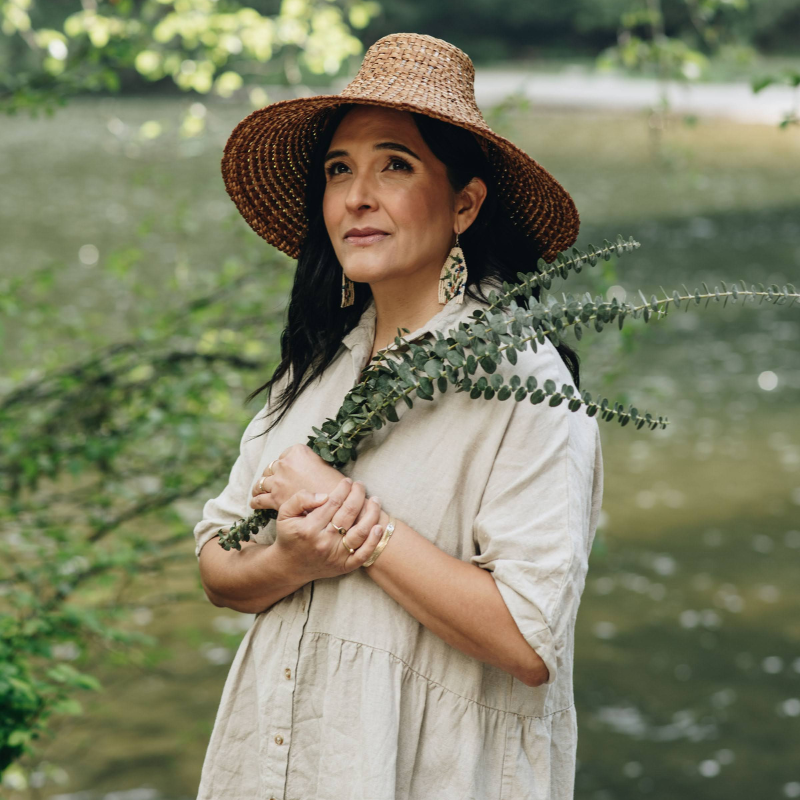
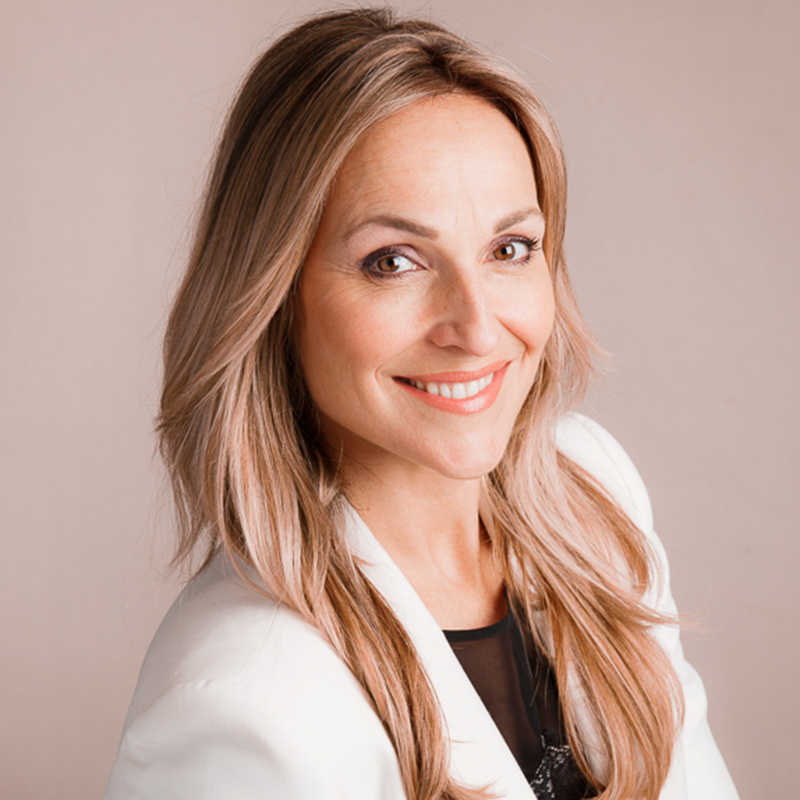
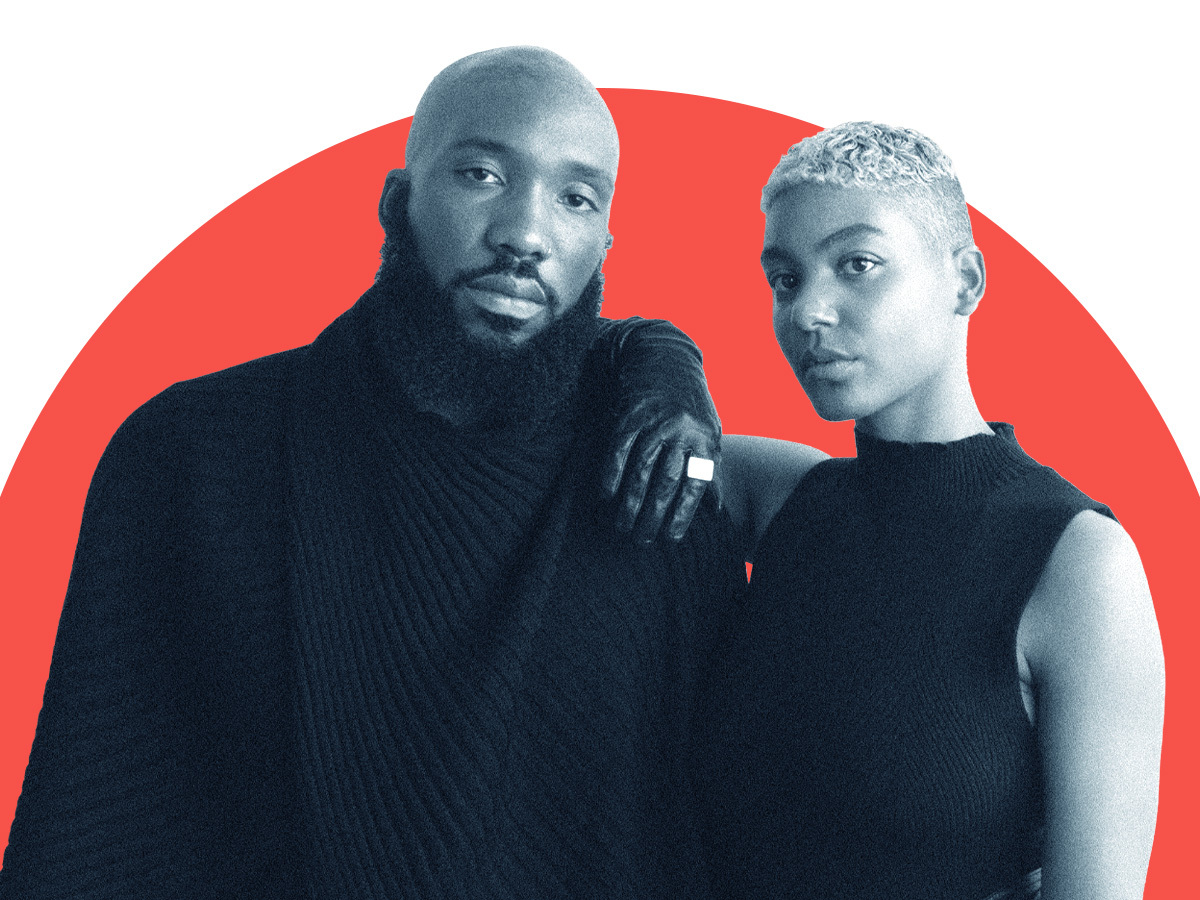
![CB-800x800_0000s_0006_IMG_1010[2]](https://canadianbusiness.com/wp-content/uploads/2021/10/CB-800x800_0000s_0006_IMG_10102.jpg)
